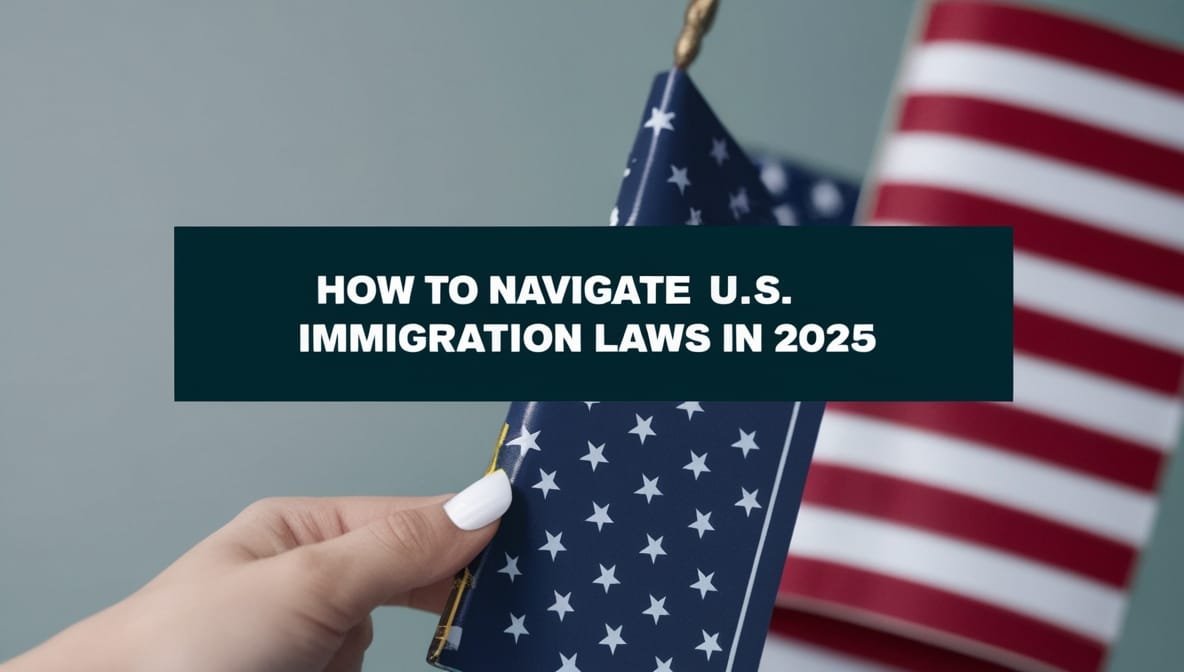How do I know if my traffic violation is a misdemeanor : Traffic violations can range from simple infractions to more serious misdemeanors or felonies, each carrying different legal consequences. Knowing whether your violation qualifies as a misdemeanor is essential, as it affects potential penalties, your driving record, and your rights. This guide explains how to identify misdemeanor traffic violations in the United States.
What Are Traffic Violations?

Traffic violations occur when drivers break traffic laws established by state or local governments. These violations fall into three main categories:
- Infractions: Minor offenses like speeding or ignoring a stop sign, usually resulting in fines without criminal charges.
- Misdemeanors: More severe violations that may lead to fines, jail time, and a criminal record.
- Felonies: The most serious traffic-related crimes, often involving significant harm or damage, and punishable by lengthy prison sentences.
How to Identify a Misdemeanor Traffic Violation
To determine if your violation is a misdemeanor, consider these factors:
1. Type of Offense
Some common traffic misdemeanors include:
- Reckless Driving: Willfully endangering others, such as through excessive speeding or erratic driving.
- Driving Under the Influence (DUI): Operating a vehicle while impaired by alcohol or drugs, often charged as a misdemeanor for first-time offenders.
- Hit-and-Run: Leaving the scene of an accident without providing required information.
- Driving with a Suspended License: Operating a vehicle despite having a suspended or revoked license.
2. Severity of the Violation
Certain infractions can escalate to misdemeanors under specific conditions, such as:
- Excessive Speeding: Speeding in areas like construction zones or school zones may be classified as a misdemeanor.
- Repeated Offenses: Multiple infractions within a short period can elevate charges.
3. State-Specific Laws
Laws vary by state. For example, in Colorado, driving 25 mph or more over the speed limit in a construction zone is classified as a Class 1 misdemeanor, which carries harsher penalties than typical infractions.
Consequences of Misdemeanor Traffic Violations

If your traffic violation is classified as a misdemeanor, you may face:
- Fines: Amounts can range from several hundred to thousands of dollars.
- Driving Record Points: Points added to your record can lead to license suspension and higher insurance premiums.
- Jail Time: Sentences are usually under a year but vary by offense and state.
- Probation or Community Service: Courts may impose alternative penalties depending on the circumstances.
Why Knowing the Classification Matters
Understanding whether your traffic violation is a misdemeanor is vital for several reasons:
- Criminal Record: A misdemeanor can result in a permanent record, affecting job opportunities, housing, and more.
- Legal Representation: Misdemeanors may require the assistance of an attorney to navigate defenses and mitigate penalties.
- Insurance Costs: Misdemeanor convictions can significantly increase insurance premiums compared to minor infractions.
Conclusion
Traffic violations come in varying degrees of severity. Knowing how to identify a misdemeanor and understanding your state’s specific laws can help you manage your legal responsibilities and potential consequences. If you’re facing a traffic charge that may be classified as a misdemeanor, consulting an experienced traffic attorney can help you protect your rights and minimize penalties.






